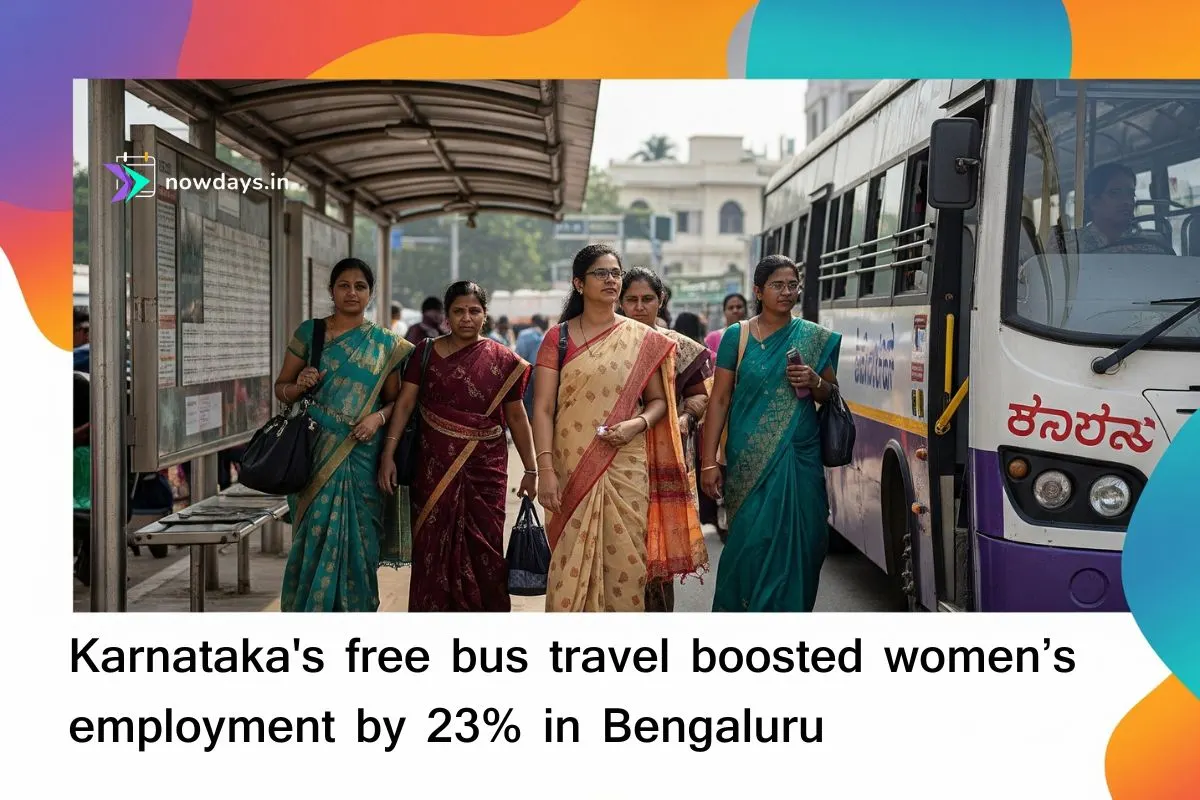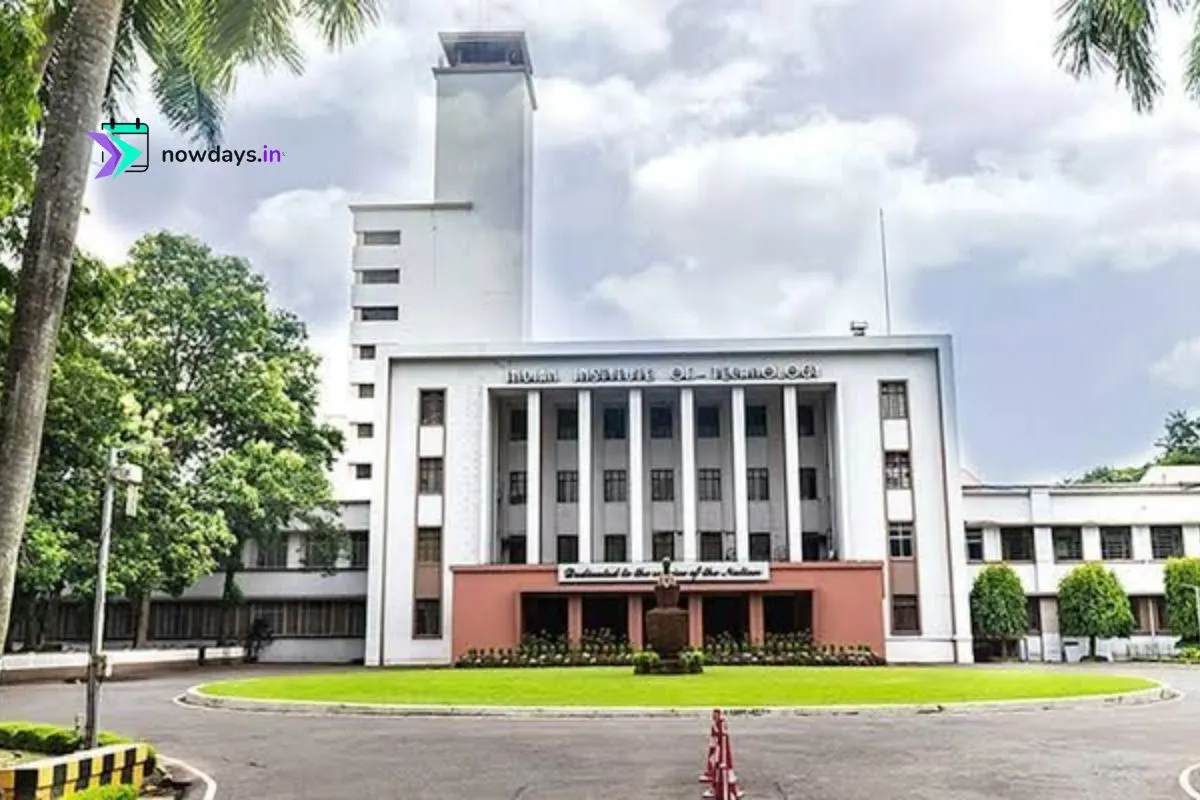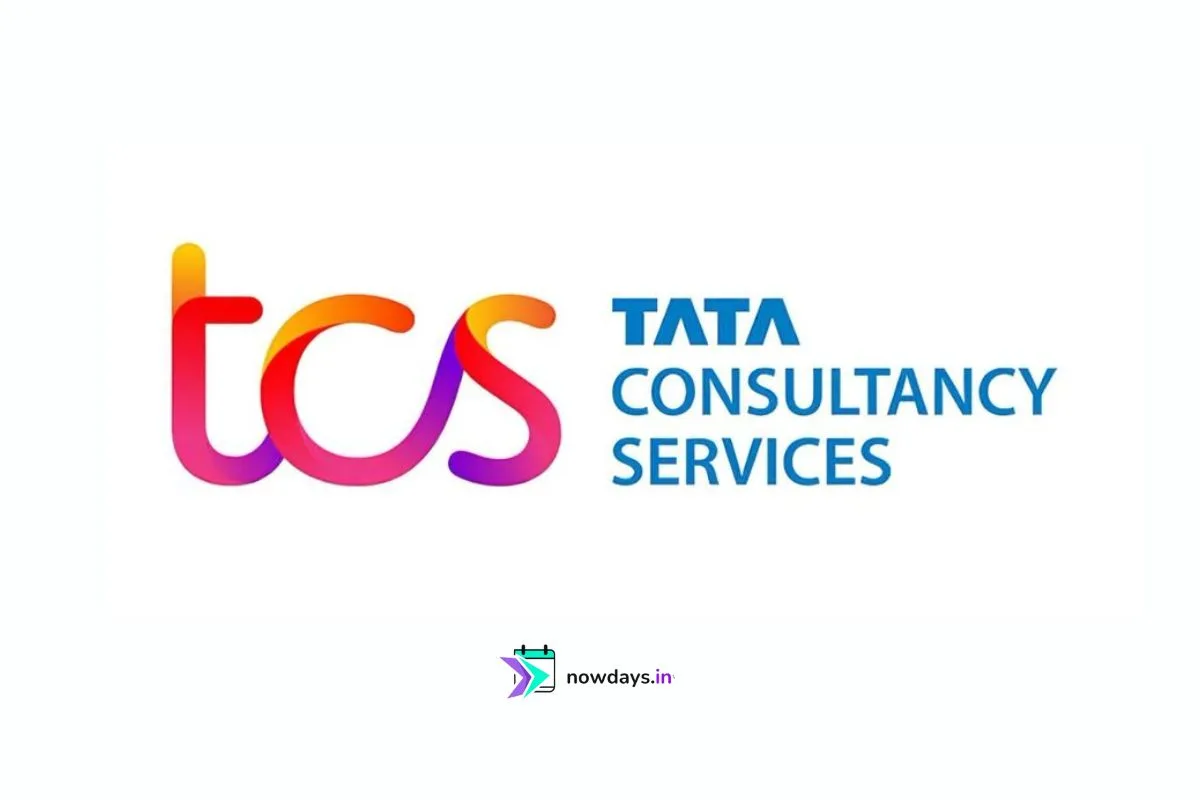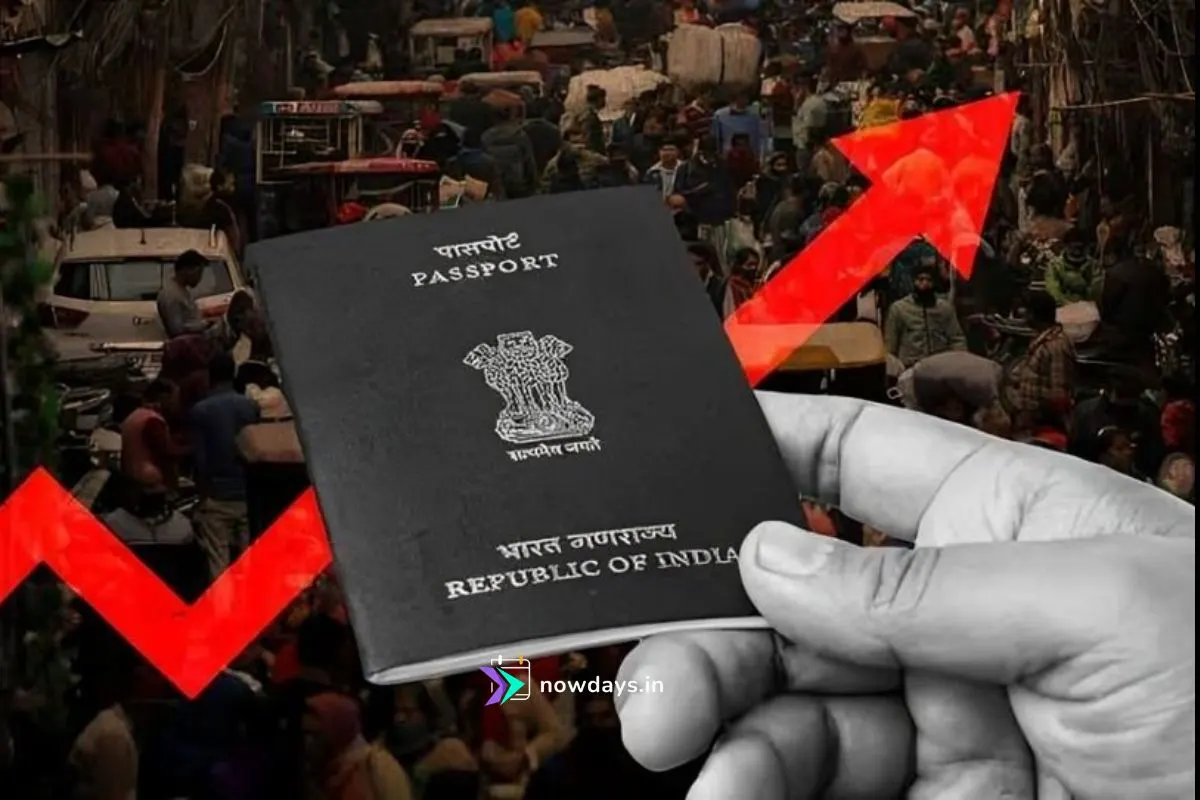In a striking demonstration of how targeted welfare policies can drive economic empowerment, Karnataka’s “Shakti Scheme,” which provides fare-free bus travel for women, has led to a remarkable 23% increase in women’s employment in Bengaluru.
This groundbreaking initiative has not only transformed daily commutes but has also emerged as a powerful engine for female labor force participation, offering a compelling model for urban development across India.
The findings come from a comprehensive report titled “Beyond Free Rides: A Multi-State Assessment of Women’s Bus Fare Subsidy Schemes in Urban India,” published by Nikore Associates. The study, which covered 10 cities across five states, highlights Karnataka as a standout success story where eliminating travel costs has directly translated into significant employment gains for women. The impact was also strongly felt in Hubballi-Dharwad, which saw a 21% rise in women joining the workforce since the scheme’s inception.
The Shakti Scheme: More Than Just a Free Ride
Launched on June 11, 2023, the Shakti Scheme allows women and transgender individuals in Karnataka to travel for free on non-premium government buses. The scale of the program is immense: as of July 24, 2025, it has facilitated over 508 crore free journeys, with the total ticket value amounting to a staggering ₹12,881 crore.
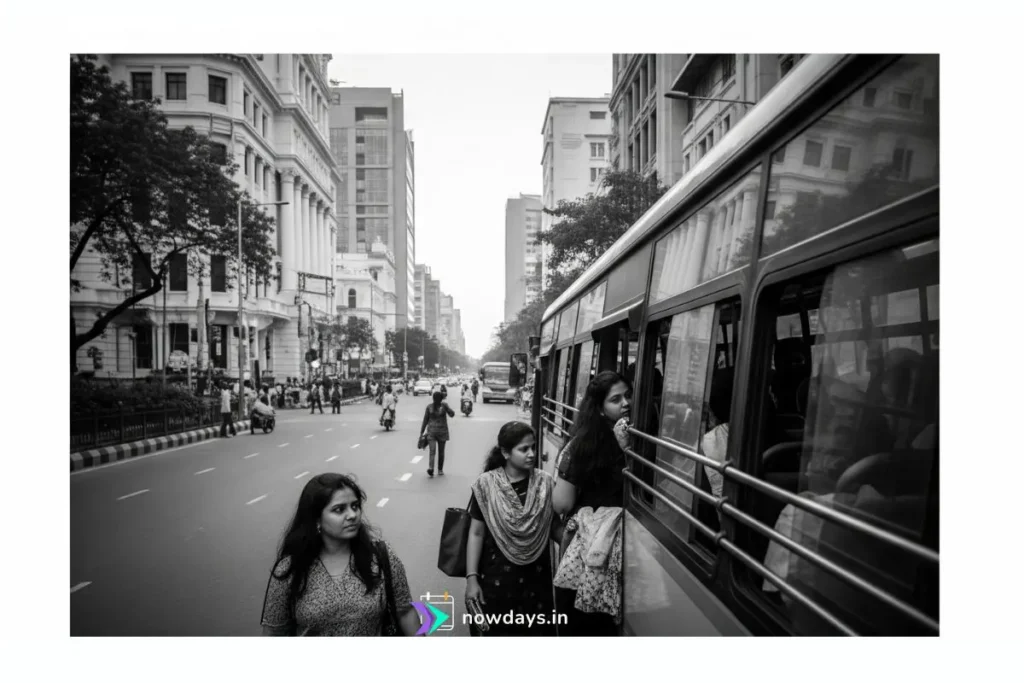
This initiative follows in the footsteps of similar successful programs in other Indian states like Delhi, Punjab, and Tamil Nadu, all of which have seen female ridership and mobility increase. In Tamil Nadu, for instance, the share of women commuting by bus jumped from 40% to 61% after a similar scheme was introduced.
The core principle behind these initiatives is the recognition that transportation costs are a significant barrier to women’s economic participation. By removing this barrier, the Shakti Scheme has unlocked opportunities that were previously out of reach for many.
The Direct Link to Economic Empowerment
The report reveals a clear and direct correlation between the free bus travel scheme and the surge in female employment. The study, based on over 2,500 surveys and focus group discussions, found that access to affordable mobility is a critical enabler for women seeking to enter or remain in the workforce.
Key findings from the report include:
- A Shift in Commuting Habits: Nearly 27% of women surveyed in both Bengaluru and Hubballi-Dharwad reported that they had switched to using buses primarily because of the scheme.
- Access to Better Opportunities: With the financial burden of daily travel lifted, women have been empowered to seek jobs farther from home, pursue better-paying positions, and access wider markets for entrepreneurial ventures.
- Increased Labor Force Participation: The scheme is credited with directly boosting Karnataka’s female labor force participation rate, a crucial indicator of economic health and gender equality.
As Mitali Nikore, Founder and Chief Economist at Nikore Associates, noted, “Karnataka’s experience shows what’s possible when intention meets inclusive access”.
Challenges on the Road to Success
Despite its overwhelming success in boosting employment, the report also identifies significant challenges that prevent the Shakti Scheme from reaching its full potential. These hurdles highlight the need for a more holistic approach to public transportation policy.
The Safety Hurdle
Safety remains the most pressing concern. Less than half of the women surveyed in Bengaluru and Hubballi-Dharwad reported feeling safe during their commute. Key issues cited include:
- Widespread harassment
- Severe overcrowding on buses
- Poor lighting and lack of security staff at bus stops
As one expert noted, “Fare subsidies can get them onto the bus—but not necessarily safely to their destination”.
The Last-Mile Problem
The financial benefits of the free rides are often diminished by the high costs of first- and last-mile connectivity. Many women, especially those living on the urban periphery, still have to rely on expensive autorickshaws or other private transport to reach the nearest bus stop, eating into the savings from the scheme.
The Way Forward: Building on a Strong Foundation
To address these shortcomings and maximize the impact of the Shakti Scheme, the report offers several key recommendations. The focus must shift from simply providing free travel to ensuring a safe, reliable, and integrated transportation system.
Proposed measures include:
- Expanding the bus fleet to reduce overcrowding and improve service frequency.
- Hiring and training gender-sensitive staff to create a more welcoming environment for female passengers.
- Investing in safety infrastructure, such as CCTV cameras on buses and adequate lighting at all bus stops.
- Improving integration with other transport modes to solve the first- and last-mile connectivity issue.
A Blueprint for Women’s Empowerment
The Shakti Scheme in Karnataka stands as a powerful testament to the fact that investing in public transportation for women is a direct investment in economic growth and gender equality. The 23% rise in female employment in Bengaluru is a clear and quantifiable outcome that demonstrates the transformative potential of such policies.
While significant challenges related to safety and connectivity remain, the scheme provides a robust and successful blueprint. By addressing these critical issues, Karnataka can build on this foundation to create a truly inclusive and empowering public transport system that not only gets women to work but ensures they can do so safely, affordably, and with dignity. The lessons from Karnataka offer invaluable insights for cities and states across the nation looking to unlock the immense potential of their female workforce.
